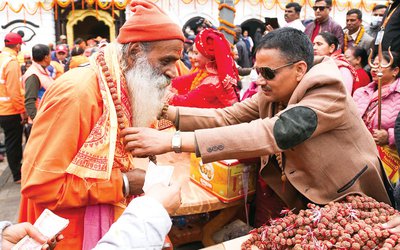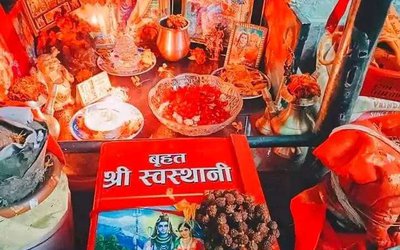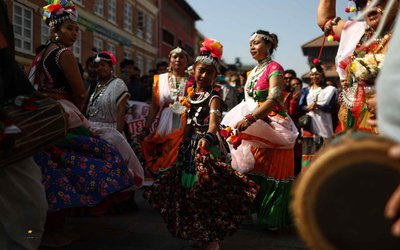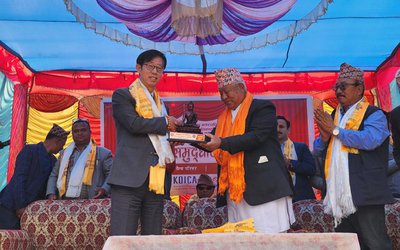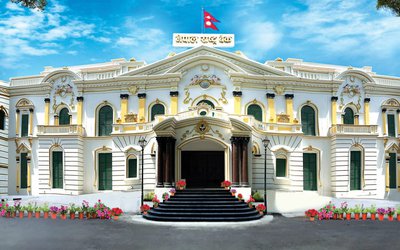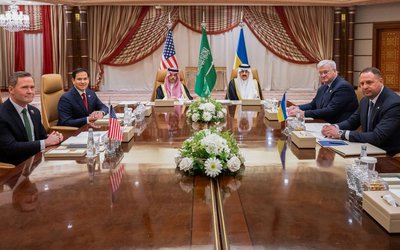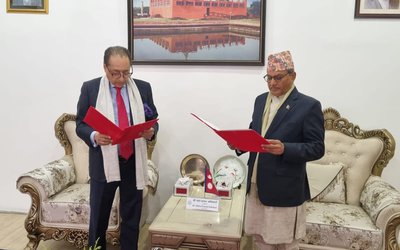
This year, Ramadan started on March 11. The fasting continued for a month. The end of Ramadan marks the festival of Eid-ul-Fitr. The Shawwal crescent moon was sighted only on 10 May.
Muslims all over the country are all set to celebrate the Eid-ul–Fitr (Eid) by exchanging greetings and best wishes and relishing best delicacies on Thursday. The government has declared a public holiday on Eid-ul-Fitr (Eid), a major festival celebrated by the Muslim community.
The festival marks the end of the month-long Ramadan fasting which formally concluded on Thursday.
All Muslims begin the celebrations early in the morning after bathing, washing, and wearing fine clothes. After the morning prayers and Namaj reading, they prepare and enjoy special delicacies and exchange words of greetings with relatives, friends and well-wishers. Senior members give out gifts and blessings to their juniors. The celebrations continue for a few days.
Muslims across the world sighted the crescent moon on the night of April 10. In Saudi Arabia, UAE, Oman, Qatar, Kuwait, Bahrain, Egypt, Turkey, Iran, USA, United Kingdom and other countries in the Middle East, the crescent moon was not sighted on April 8. Hence, Chand Raat was marked on April 9 evening. These countries also celebrated Eid on April 10.
Eid-Ul-Fitr, also known as Eid-al-Fitr, is celebrated on the first day of the month of Shawwal - the tenth month of the Islamic calendar. Eid means celebrations, while Fitr means breaking of the fast. After a month-long fast during Ramadan, Muslims worldwide celebrate Eid-Ul-Fitr. Muslims all over the country are all set to celebrate the Eid-ul–Fitr (Eid) by exchanging greetings and best wishes and relishing best delicacies on Thursday. The government has declared a public holiday on Eid-ul-Fitr (Eid), a major festival celebrated by the Muslim community.
The festival marks the end of the month-long Ramadan fasting which formally concluded on Thursday.
All Muslims begin the celebrations early in the morning after bathing, washing, and wearing fine clothes. After the morning prayers and Namaj reading, they prepare and enjoy special delicacies and exchange words of greetings with relatives, friends and well-wishers. Senior members give out gifts and blessings to their juniors. The celebrations continue for a few days.
- KOICA Volunteer Supported Namobuddha Municipality Via Construction Of A Tourist Information Center
- Mar 12, 2025
- Exports Increase By 46.5 Percent
- Mar 12, 2025
- Weather Forecast: Partly To Generally Cloudy With Rain in Few Places of Koshi, Bagmati and Gandaki Provinces
- Mar 12, 2025
- Nepal Investment Mega Bank Chairman Prithvi Bahadur Pande Takes Oath.
- Mar 11, 2025
- FM Dr. Deuba Left For India Visit
- Mar 11, 2025
